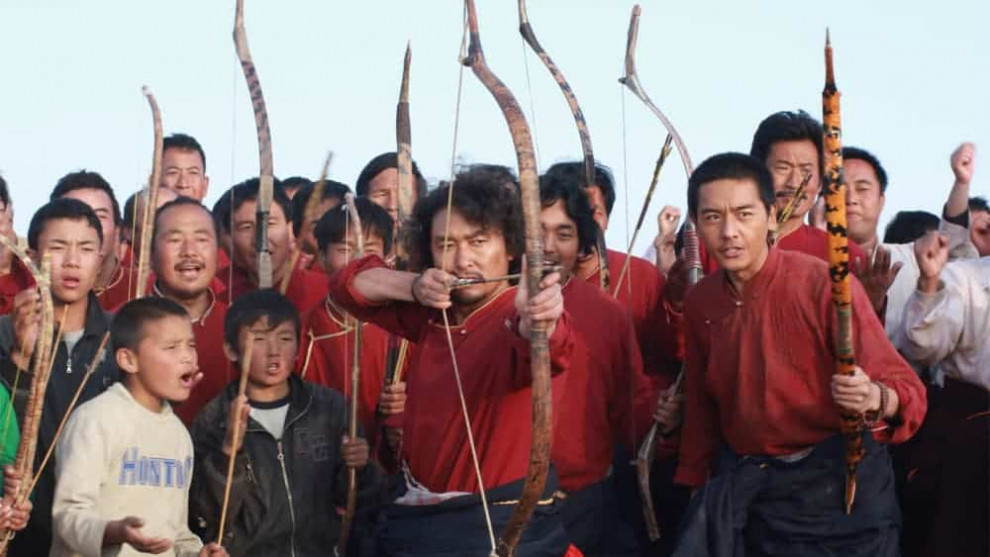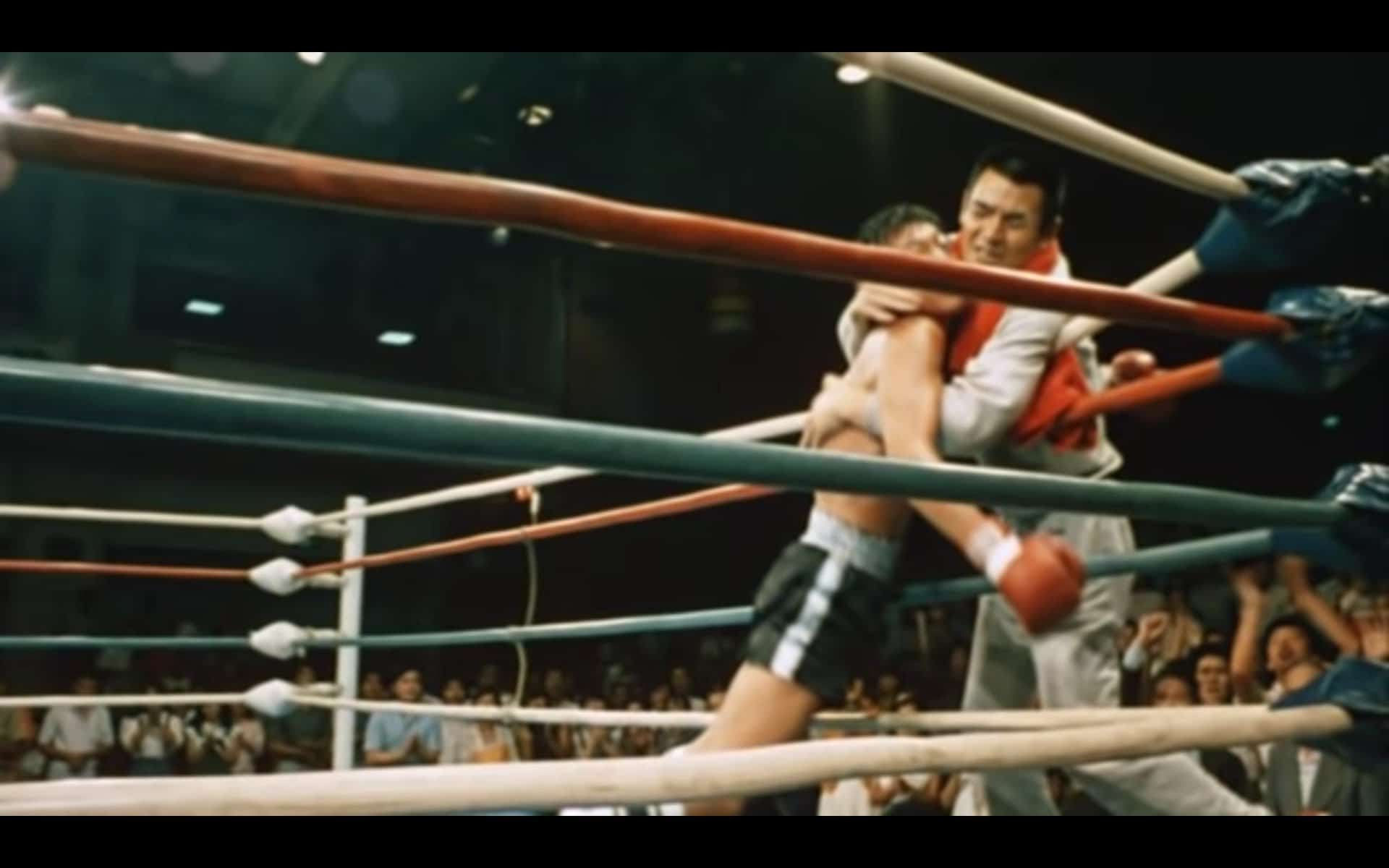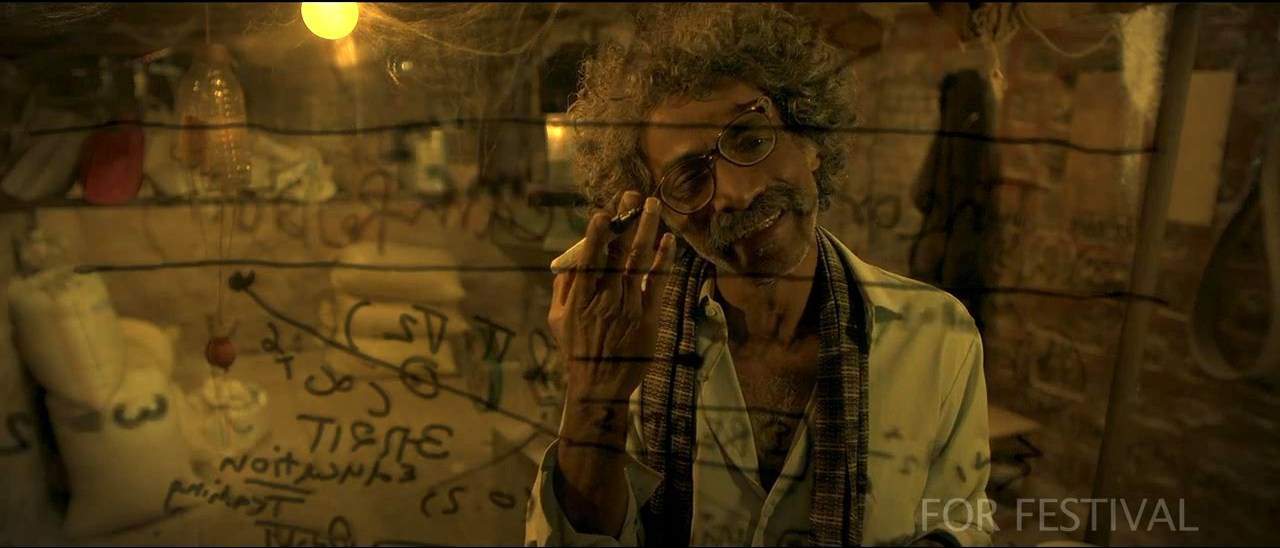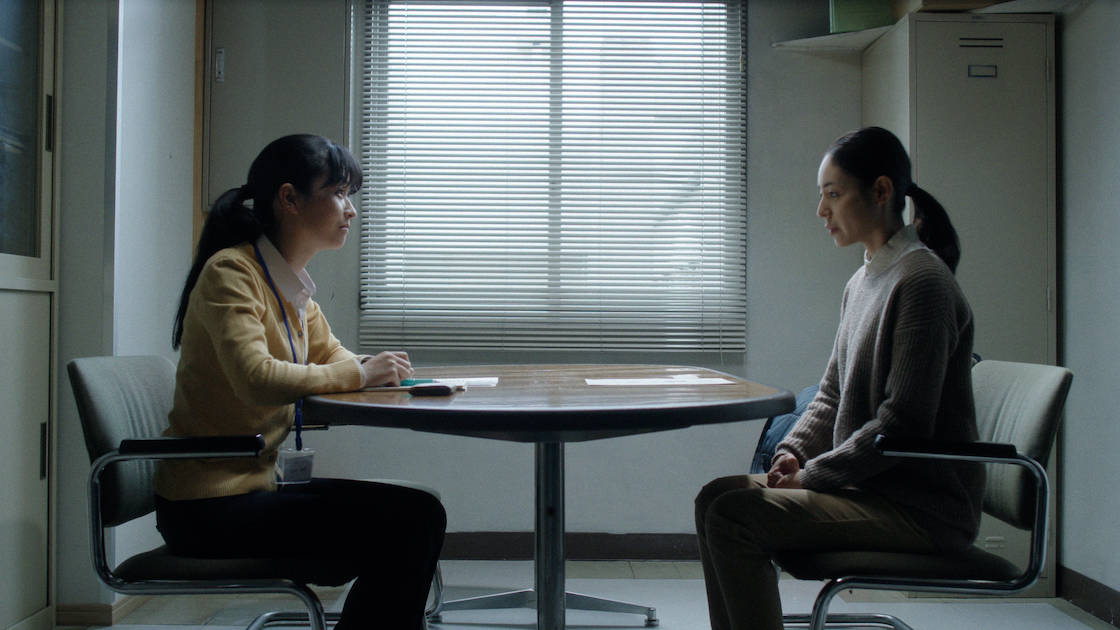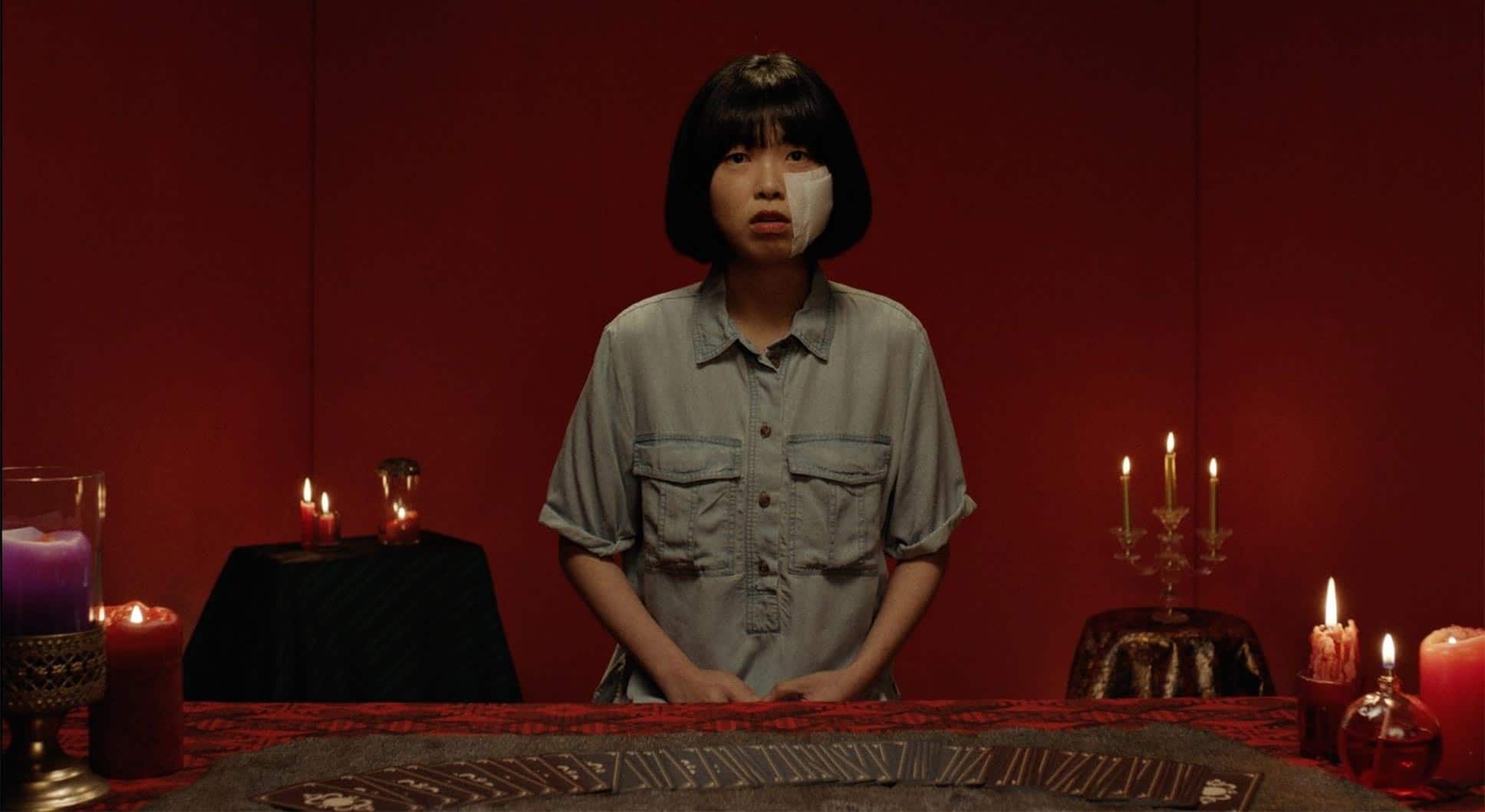It takes a certain magic to lose an audience within the simplistic grandeur of a world almost far-removed from the rest of civilization; to educate in the ways of your forefathers with little in the way of preachiness; to allow those age-old traditions sing in near-perfect harmony. Yet, for all these sublime touches Pema Tseden conjures with effortless ease here on “Sacred Arrow”, his morality tale of pseudo-sportsman rivalry broiling over into village life deals little in the way of actual conflict, and at times feels more like the enabling of immature, petty squabbling between two siblings who simply need a clipping behind the ears. So why then are we so captivated by what is unfolding before our eyes?
“The Sacred Arrow” screened at
Festival des Cinémas d'Asie de Vesoul

The centuries-old archery competition between Lhalong and Damo villages determines more than just the superior archer but is also a vital passage into adulthood for the young males who reside here. After Nyima (Sonam Nyima) bests his Lhalong counterpart Dradong (Renqing Dunzhu) in this year's tournament his opponent struggles to fathom his loss and, with his pride in the wind, proceeds to exert his dominance with a thuggish rashness not unlike humiliated teenagers tend to exhibit. Whether it is through brute force or cheating Dradong continually falls at every self-inflicted hurdle whereas even his younger peers show more maturity and grace in defeat as children. At a time of ritualistic performances involving both communities we see the consequences his actions have on those around him, until his faith in himself and his clan has been all but tarnished. It is not until he reaches rock bottom does he embrace the traditions his father (Lobsang Chospel) and village chief (Dobskyab) hold in high esteem in time for a final qualifier between him and Nyima for representation in an international tournament.
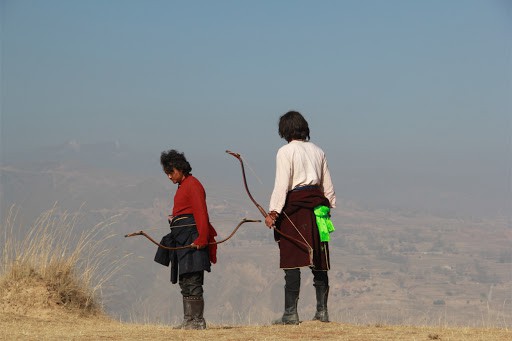
With very little complexity and even less development of character sans Dradong's glacial coming-of-age, “Sacred Arrow” makes for an easily digestible watch; there is safety and comfort to be found within the overly familiar story – one which many films of this ilk chose to envelope themselves in – which is precisely where the issue with the Tseden's film lies. For all the quarrelling and vitriol instigated by Dradong (and Nyima's endless patience and humouring) there is very little depth to these tensions beside hurt pride; given how this rivalry serves as the bulk of the films it renders the plot a little underwhelming no matter how heartfelt the underlying message is. As we see our lead fall from grace through every careless decision he makes Dunzhu does well to breathe the very frustration misguiding his character, it is just a shame very little is done with it.
The simplistic, one-dimensional nature of the plot is mirrored elsewhere but this is where the film begins to shine. Sacrificing story for a calm visual aesthetic and a focus on the minutiae of ritual and ceremony, Tseden presents a meditative portrait of Tibetan life composed through beautifully shot sequences almost stretched beyond a physical dimension. DP Luo Pan allows every breath of the world around him to fill every frame through the multiple vignettes dotted throughout the film, whether that's the women making bread, the men chopping wood, or the masked dancing at the ceremony's peak – even the archery itself is presented with such breathtaking fashion; coupled with Ricky Ho's sweeping score this relatively simplistic film is elevated to something altogether more mythical and enchanting.

This added impact is pushed further by the heavy leaning on history and storytelling itself: passed down by generations the story of the anti-Buddhist King Langdarma's assassination at the hands of Lhalung Pelgyi Dorje holds significance in the villages' origins and their archery tournament. The scene showing Chospel's father figure educating his youngest son on the link between the masked dance and archery – and on the importance of fetching dimensions – not only provides a touching moment of bonding between father and son but also emphasizes the film's greatest strength – the preservation of a history and an existence threatened by the omnipotent encroaching of modern technology and Western influence. Though this symbolism becomes a little on the nose later on (the advances of modernisation versus traditional spiritual practice) but here it is used to great effect.
It might be just a little ironic that a film severely lacking in profound storytelling and cardboard-cut-out acting (though not from the younger cast, who are a delight to watch) redeems itself in the successive passing down of myths and legends. The quiet ruminations seem very far removed from the hustle-and-bustle of the modern life architecture and both Tseden and Pan not only manage to find life in every breath but also draw it out into a harmonious existence. By keeping things (sometimes painfully) simple, “Sacred Arrow” provides the rarest moments of tranquillity, of peace, only to those who allow themselves to see past its initial premise – which is, quite frankly, a fair trade.


